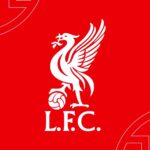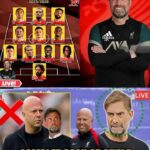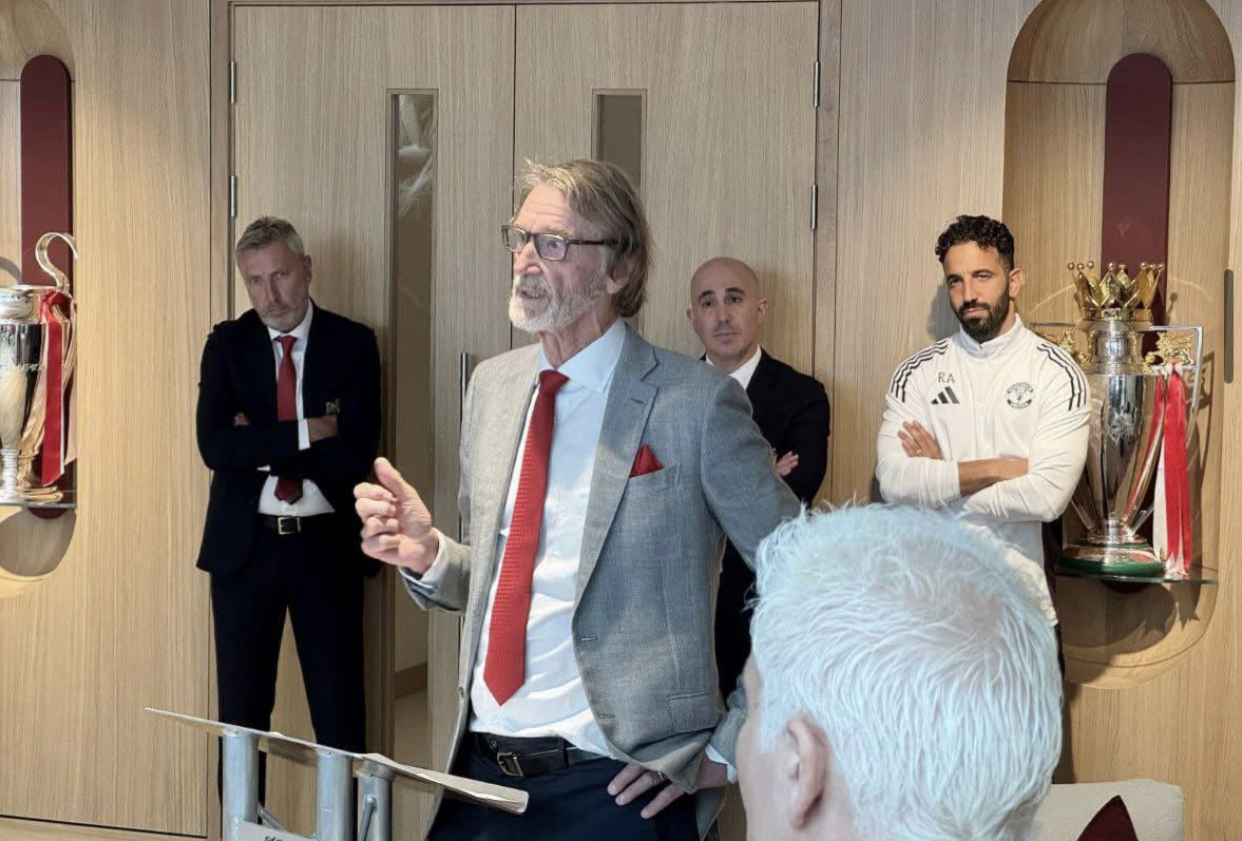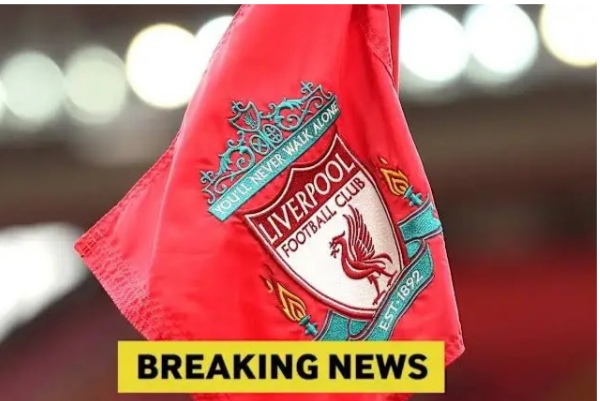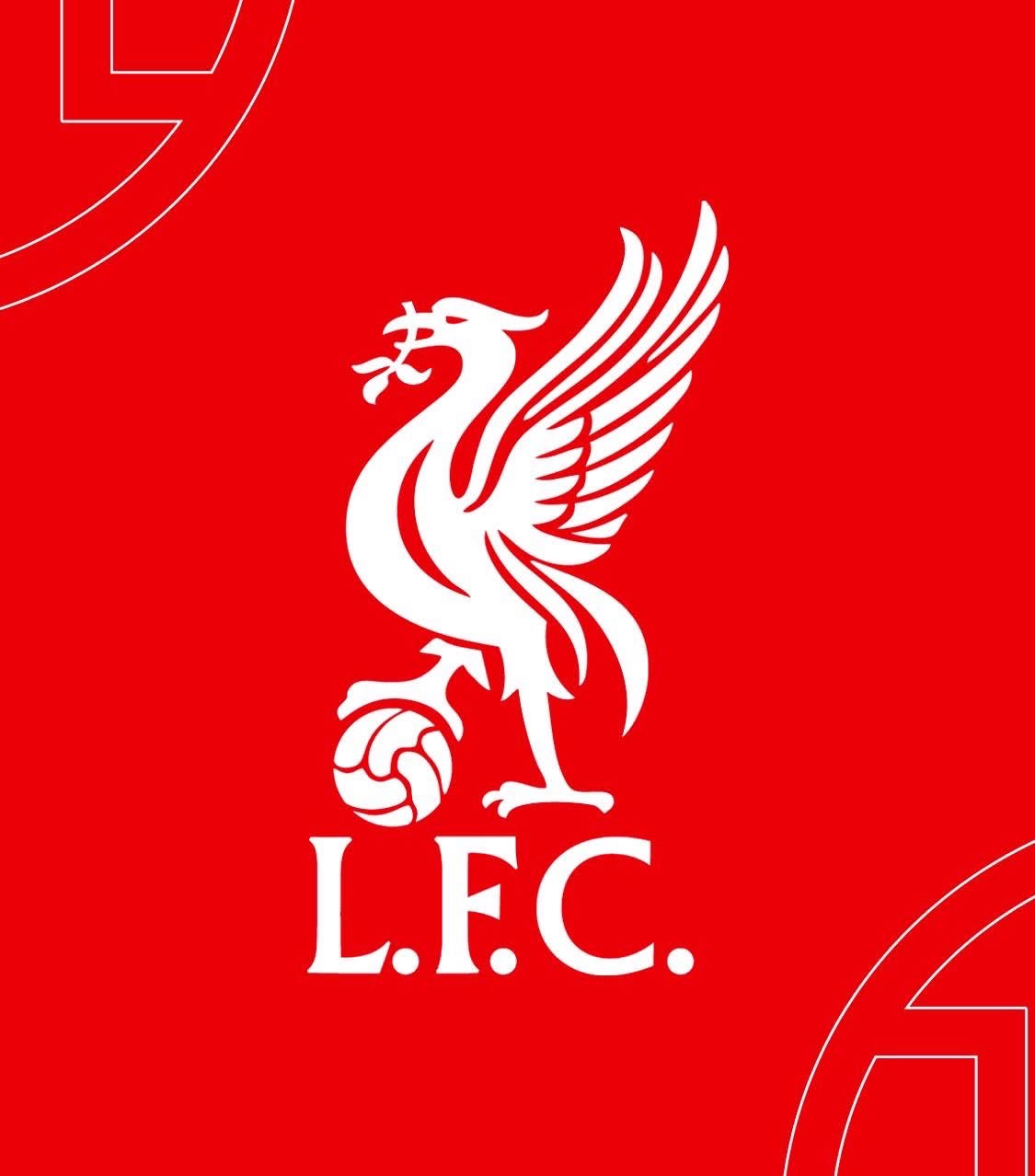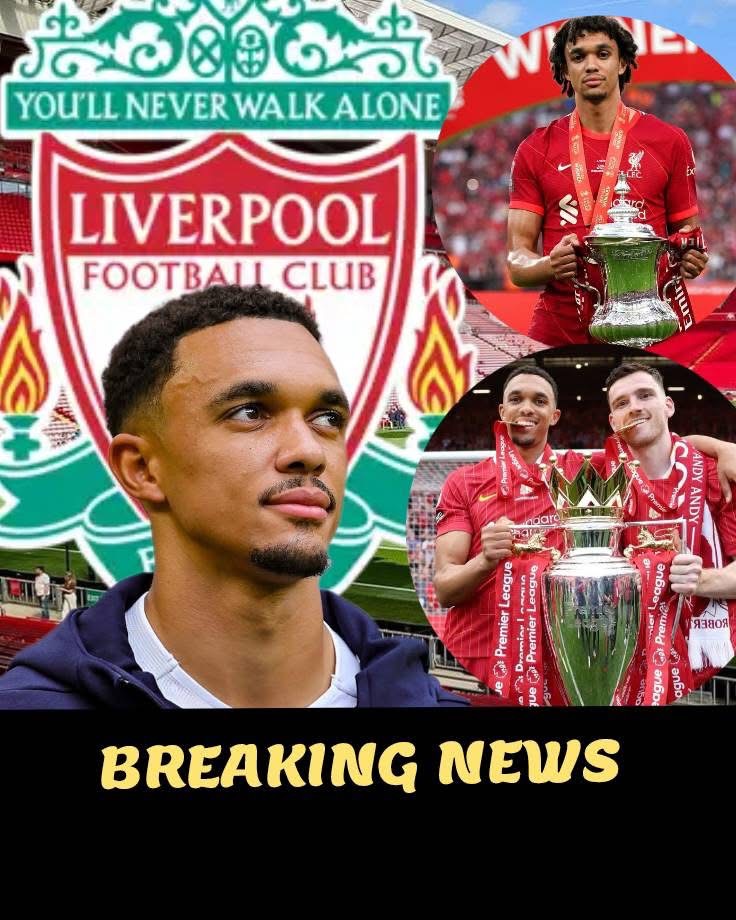Manchester United’s summer of 2025 has been defined by activity, ambition, and strategic decision-making, with Rúben Amorim orchestrating a clear vision to improve the team’s fortunes at Old Trafford. The club successfully secured six new signings over the window, targeting key positions in attack, midfield, defense, and goalkeeping, all designed to bolster a squad that has been striving to return to its former glory.
Yet behind the headlines and fanfare, not every planned deal went through as intended. Reports have emerged revealing that Sir Jim Ratcliffe, the owner of Manchester United, personally vetoed at least one proposed transfer due to disagreements over the way the club intended to structure the deal. This intervention underscores the increasing influence of ownership on transfer policy, highlighting that managerial ambitions, while significant, are often balanced by the financial and strategic priorities set at the boardroom level.
Ownership Oversight: Ratcliffe’s Role in Transfers
Ratcliffe, the billionaire industrialist and head of INEOS, has demonstrated that he is willing to take an active role in shaping Manchester United’s long-term strategy. His veto of a particular signing is a clear message that the club will not pursue deals that are financially or structurally unviable, even if the manager considers the player essential.
According to insiders, the dispute was not about the quality of the player but rather how the deal was structured—likely involving wage commitments, add-ons, or contract length. This is a common issue in modern football, where ownership groups often place strict conditions on transfer agreements to ensure long-term sustainability. While some fans may see vetoes as restrictive, they also reflect a level of prudence designed to avoid overpaying or repeating past mistakes, such as those seen in previous eras under different owners.
Amorim’s Summer Reinforcements
Despite the veto, Rúben Amorim’s summer transfer window has been remarkably productive. The six players signed during this period were clearly chosen to address tactical needs and provide balance across the squad.
Key signings include:
- Matheus Cunha – A Brazilian forward brought in to inject creativity, pace, and technical skill into United’s attacking line. His Premier League experience is expected to allow him to contribute immediately.
- Bryan Mbeumo – Another winger with speed and goal-scoring ability, aimed at creating more options on the flanks and offering rotation in an already competitive attacking unit.
- Benjamin Šeško – A young Slovenian striker recognized as one of Europe’s top emerging talents. Šeško offers a focal point in attack with strength, finishing, and movement, complementing United’s offensive strategy.
- Senne Lammens – The Belgian goalkeeper brought in to provide stability between the posts, with modern distribution skills and a commanding presence in goal.
- Diego León – A Dutch full-back offering energy, defensive solidity, and attacking support from wide positions.
- Additional squad reinforcement – United also added depth in midfield or other positions, ensuring the manager has tactical flexibility over a grueling season.
These acquisitions demonstrate a clear approach: targeted, deliberate signings rather than panic purchases. Each player has a defined role, showing Amorim’s plan to mold the squad into a cohesive unit capable of competing at the highest level.
Strategic Balance: Spending Wisely
What makes this summer window particularly interesting is the balance between ambition and restraint. While some clubs chase headline signings at any cost, INEOS has enforced a financial structure that prioritizes sustainable growth. This explains Ratcliffe’s veto: even in pursuit of talent, the ownership insists on deals that make long-term sense rather than simply reacting to market pressure.
This approach may frustrate certain fans who crave marquee signings, but it reflects a broader philosophy: building a team with vision, not just excitement. The club’s investment in these six players—combined with careful wage management, structured contracts, and targeted scouting—aims to create stability while also providing a platform for immediate improvement.
Amorim’s Challenge
Now that the transfer window has closed, the spotlight shifts to Rúben Amorim. He faces the task of integrating these new players into the squad, instilling a winning mentality, and establishing a style of play that maximizes their strengths.
Amorim must:
- Meld diverse talents: From experienced Premier League players to young prodigies like Šeško and Lammens, the squad has a mix of youth and experience.
- Create tactical cohesion: Players arriving from different leagues and systems need time to understand United’s philosophy and defensive/offensive patterns.
- Foster resilience: With a busy season ahead, including Premier League and potential European commitments, squad rotation and mental strength will be vital.
The pressure is intense. INEOS has provided the resources, but the results ultimately depend on Amorim’s ability to translate signings into performances on the pitch.
The Bigger Picture
This story is also a reminder of how modern football operates at the intersection of sporting ambition and business strategy. Owners like Ratcliffe now play an active role in shaping club direction. Managers can plan and strategize, but they must operate within the framework of financial prudence.
At United, the balance is clear:
- INEOS invests in the squad.
- Amorim executes on the field.
- Fans expect success, but in a sustainable, intelligent manner.
The Ratcliffe veto may have prevented one signing, but the club still emerged from the window with a strengthened, well-balanced squad. The message is that ownership and management must align for true success.
Looking Ahead
The 2025–26 season will test whether United’s summer strategy pays off. If Amorim’s six new signings integrate well, the club could finally begin reclaiming the consistency and dominance fans long for. Ratcliffe’s intervention, while controversial to some, may ultimately be seen as a wise decision, ensuring that the club grows both on and off the pitch.


